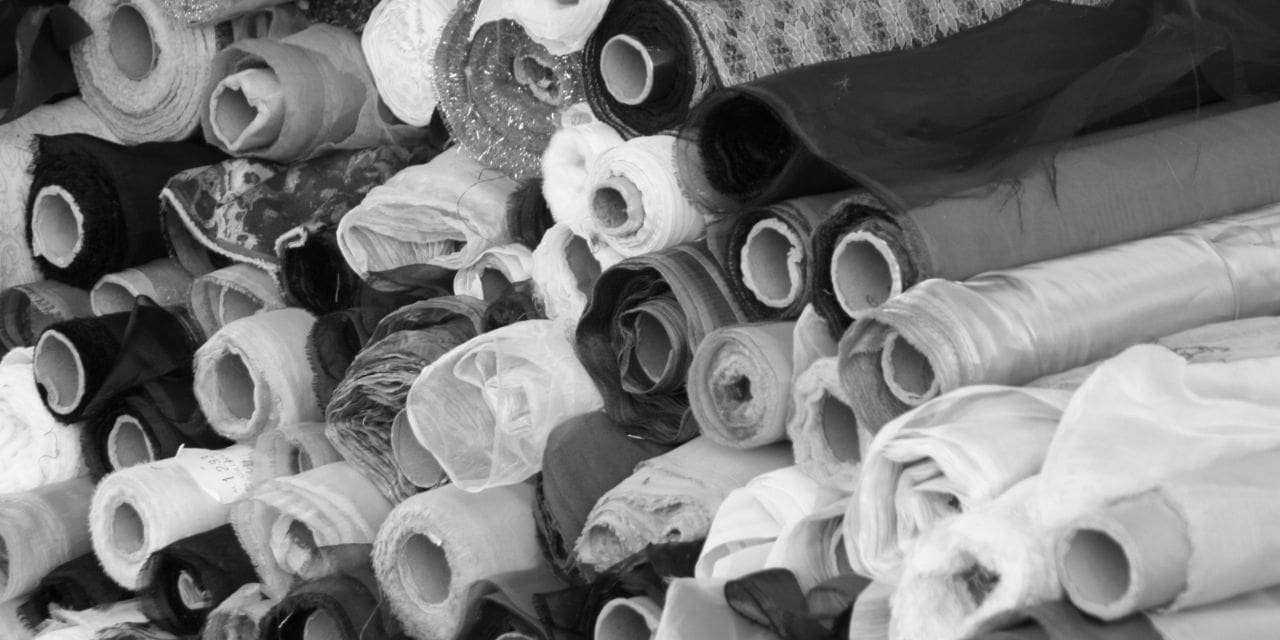ISLAMABAD: The cabinet’s Economic Coordination Committee (ECC) failed to gather support for the long-awaited draught Textile and Apparel Policy 2020-25, instead forming a sub-committee to tackle the concerns until its next session.
The ECC conference presided over by Finance Minister Shaukat Tarin, again and failed to obtain guarantees from the country on an uninterrupted supply of subsidised gas and electricity to the value-added textile sector.
The oversight committee, which consists of representatives from the Ministry of Commerce, Finance Division, Ministry of Industries and Production (MoIP), Power Division, Petroleum Division, Federal Board of Revenue, and State Bank of Pakistan (SBP), will review and present an updated policy to the ECC in the coming weeks.
According to a meeting official, the commerce ministry requested a Rs150 billion provision for gas subsidies in the first draught of the programme presented to the ECC in January 2021. This amount, nevertheless, is no longer appropriate, as the cost of gasoline has skyrocketed in recent months.
Furthermore, there is the issue of gas shortage, and the government would already be under immense stress in the winter to deliver gas to home consumers. The committee now will address gas availability and pricing challenges for the sector, according to the official.
Previously, it was recommended that Rs150 billion be set aside for supplying gas to the sector at a reduced rate. Over the next five years, the government will deliver re-gasified liquefied natural gas (RLNG) at $6.5 per million British thermal units (mmBtu) and system gas at Rs786 per mmBtu.
However, the official stated that the government could no longer provide RLNG however at cost. Similarly, the government has suggested a Rs200 billion subsidy for electricity delivery to export sectors over the next five years. The cost of power will be nine cents per kWh.
According to the draught textile policy, the government has proposed Rs960 billion in cash subsidies and lower utility rates to stimulate export of valuation apparels.
The presented method, which would be the third of its kind, forecasts three scenarios in which the measures will increase textile and garment exports to a minimum of $15.7 billion and a maximum of $20.8 billion by the end of 2025.
The ECC authorised an overview presented by the Ministry of Information Technology and Telecommunication regarding the allocation of Rs2 billion as a single line budget for the Pakistan Software Export Board (PSEB), an apex government body tasked with strengthening and promoting Pakistan’s IT sector exports.
The ECC granted a maximum gas allocation of 58 million cubic feet per day (mmcfd) to Pak Arab and 63 mmcfd to Fauji Fertiliser Bin Qasim Limited to ensure that the expected demand for urea fertiliser is met through domestic manufacturing. The MoIP provided the ECC with a summary of urea fertiliser demand during the Rabi season 2021-22.
The conference was advised that the action will regulate urea fertiliser costs and provide consistent supply all through the country even during Rabi season 2021-22 in order to achieve higher crop yields.

